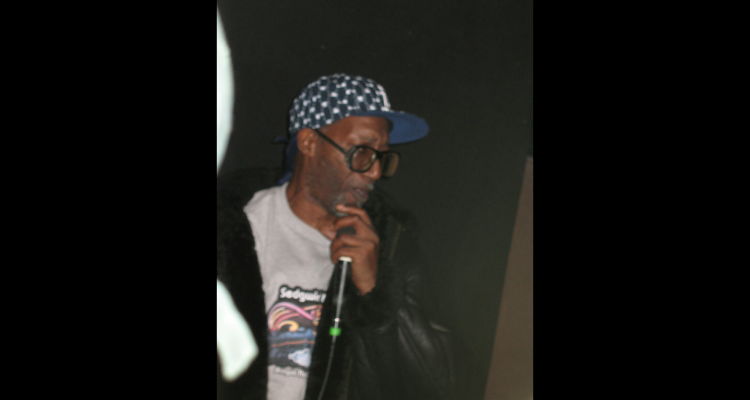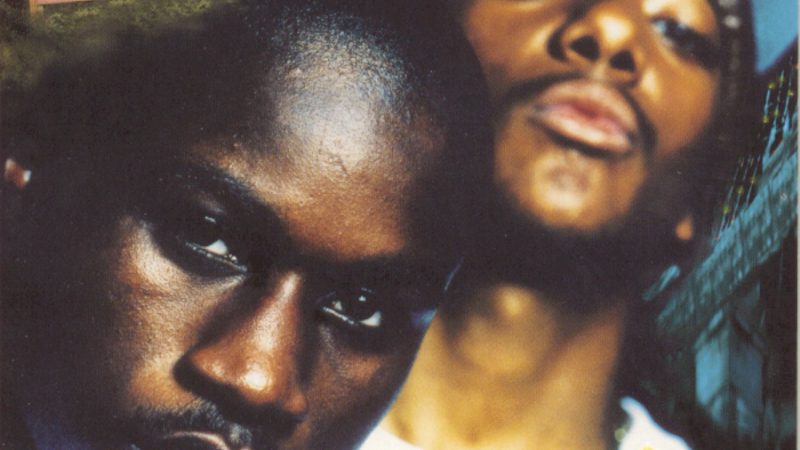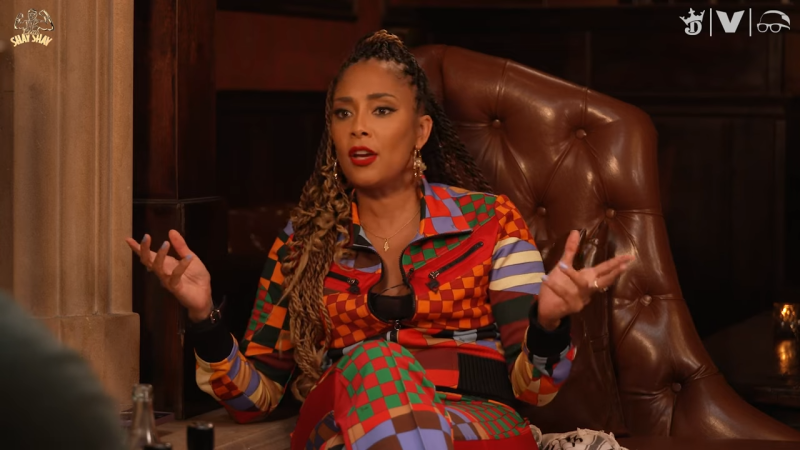Saul Williams to JAY-Z on His Views on Economic Freedom: “There Have Been Wealthy Black Americans… Since The 1600s”
Jamaican American poet and essayist, June Jordan said once that “Poetry is a political act because it involves telling the truth.” Setting the stage for some real grown-up talk between two Black men about what really is “Economic Freedom” and what are the journey ways available to our people.
This could be a conversation had on any college campus, think tank or in the most profound space for intellectual exchange the barbershop. But alas, this back and forth was done in the 21st century digital age and was done via email and social media.
Poet Saul Williams shared a private email between him and JAY-Z regarding “Economic Freedom.”
A few days ago, the Morehouse graduate posted on Instagram a clip where he was critiquing JAY-Z’s lyrics on The Black Album stating:
“Somebody had made the mistake of equating money with freedom or money with it being the ultimate power… So then you hear an artist like JAY-Z say on The Black Album, ‘Well, I couldn’t help poor people if I was poor.’ Correction: the majority of our leaders and people that have helped over time have not been able to help us because they have money, they helped us because they had vision and desire to do so.”
View this post on Instagram“Correction.” #blackfriday #robeson #fbf
A post shared by saulwilliams (@saulwilliams) on
In response to this video, JAY-Z (who goes by “sc” in this email exchange) took a stab at correcting what his position, one that he thought that Williams got twisted.
View this post on InstagramA post shared by saulwilliams (@saulwilliams) on
JAY-Z asserts that the fight for economic freedom is a new phenomenon. However, Byron Allen, who is currently suing Comcast/ Charter regarding contractual discrimination safeguarded by the Civil Rights Act of 1866, would disagree. In this case that is actually before the Supreme Court, the statue that found its footing during Reconstruction after slavery was over, is up for debate. This entire conversation is about economic freedom. This whole convo lifts the historicity of economic freedom for Black people since legally we could advocate for ourselves.
And Saul Williams just could not let JAY-Z’s uber slick Marcy turned Wall-Street logic seep through without challenge.
Williams noted:
“I wouldn’t characterize our fight for economic freedom as ‘new’. During segregation accumulated black wealth and black-owned business were at a peak. Black newspapers, magazines, schools, record labels… Yet psychological freedom from hard taught capitalism is hard to earn. African billionaires, for example, have brought little relief to the continent of Africa. The seduction of power and the systemic constraints of white supremacy will take more than money to burn.”
What do you believe? Which poet actually represents your perspective? Let us know in the comments.
The post Saul Williams to JAY-Z on His Views on Economic Freedom: “There Have Been Wealthy Black Americans… Since The 1600s” appeared first on The Source | The Magazine of Hip Hop Music,Culture and Politics.





